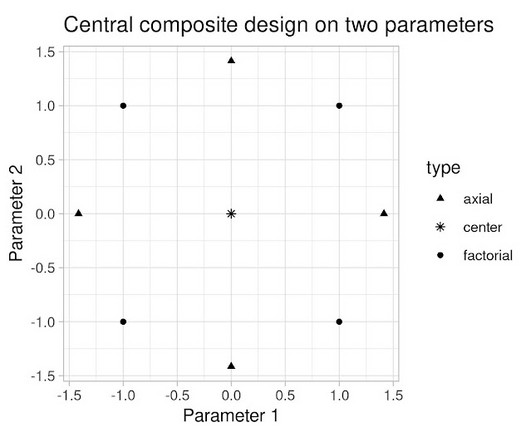Towards optimal experimentation in online systems
The Unofficial Google Data Science Blog
APRIL 23, 2024
the weight given to Likes in our video recommendation algorithm) while $Y$ is a vector of outcome measures such as different metrics of user experience (e.g., Experiments, Parameters and Models At Youtube, the relationships between system parameters and metrics often seem simple — straight-line models sometimes fit our data well.













Let's personalize your content